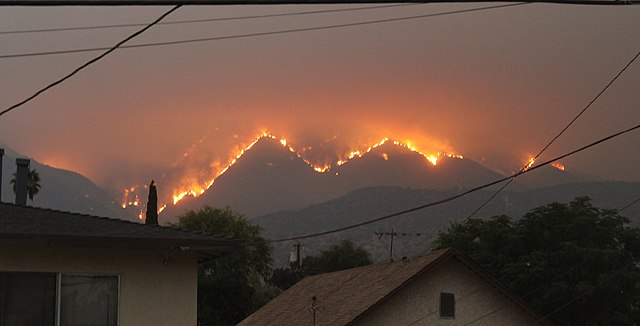Climate change has profound implications for food security, affecting agricultural productivity, food distribution, and the livelihoods of millions of people around the world. Here are some of the key impacts of climate change on food security, along with potential challenges and solutions:
Impacts on Food Security:
- Changing Weather Patterns:
- Impact: Erratic weather events, including droughts, floods, and heatwaves, disrupt agricultural activities, affecting crop yields and food production.
- Challenge: Unpredictable weather patterns make it difficult for farmers to plan and adapt their agricultural practices.

- Water Scarcity:
- Impact: Changes in precipitation patterns and increased evaporation contribute to water scarcity, affecting irrigation and water availability for crops.
- Challenge: Limited water resources reduce agricultural productivity, particularly in regions dependent on rainfed agriculture.
- Rising Temperatures:
- Impact: Increased temperatures can lead to heat stress on crops, affecting growth and reducing yields.
- Challenge: Crops that are sensitive to temperature changes may face decreased productivity, affecting global food production.
- Extreme Events:
- Impact: Extreme weather events, such as hurricanes and cyclones, can cause widespread damage to crops, infrastructure, and transportation networks.
- Challenge: Rebuilding after such events can be challenging, and the disruption in the supply chain can lead to food shortages.
- Shifts in Crop Pests and Diseases:
- Impact: Changes in temperature and precipitation patterns can alter the distribution and behavior of pests and diseases, affecting crop health.
- Challenge: Increased prevalence of pests and diseases may require changes in pest management practices and the development of resistant crop varieties.
Challenges to Food Security:
- Vulnerability of Smallholder Farmers:
- Challenge: Smallholder farmers, who often lack resources and access to technology, are particularly vulnerable to the impacts of climate change.
- Solution: Providing support to smallholder farmers through improved access to climate-resilient seeds, sustainable farming practices, and financial resources can enhance their resilience.
- Global Food Price Volatility:
- Challenge: Climate-related disruptions to global food production can contribute to price volatility, affecting food affordability and accessibility.
- Solution: Enhancing global cooperation in managing food reserves, investing in climate-resilient agriculture, and promoting sustainable agricultural practices can help mitigate price fluctuations.
- Erosion of Biodiversity:
- Challenge: Climate change can lead to the loss of biodiversity, affecting ecosystems and reducing the availability of diverse and nutritious foods.
- Solution: Conservation efforts, sustainable agricultural practices, and the promotion of diverse crop varieties can help preserve biodiversity and enhance food security.
- Food Insecurity and Migration:
- Challenge: Climate-induced food insecurity can contribute to migration as people seek better opportunities and living conditions.
- Solution: Addressing the root causes of migration requires a combination of climate adaptation strategies, social protection measures, and efforts to create sustainable livelihoods.
Solutions for Climate-Resilient Food Systems:
- Climate-Resilient Agriculture Practices:
- Solution: Promoting sustainable and climate-resilient agricultural practices, such as agroforestry, conservation agriculture, and precision farming, can enhance the adaptive capacity of farming systems.
- Crop Diversification:
- Solution: Encouraging the cultivation of a diverse range of crops can improve resilience to climate change by reducing dependence on a single crop and enhancing overall food system stability.
- Investment in Research and Technology:
- Solution: Investing in research and technology development for climate-resilient crops, precision agriculture, and innovative farming techniques can enhance agricultural productivity and sustainability.
- Water Management and Conservation:
- Solution: Implementing efficient water management practices, including rainwater harvesting, drip irrigation, and water-use efficiency measures, can help address water scarcity challenges in agriculture.
- Climate-Smart Policies:
- Solution: Governments and international organizations can implement climate-smart policies that integrate climate considerations into agricultural planning, disaster management, and social protection programs.
- Community Engagement and Education:
- Solution: Engaging communities in climate adaptation strategies, providing education on sustainable practices, and building awareness about climate change impacts can empower individuals to contribute to resilience-building efforts.
Addressing the impact of climate change on food security requires a holistic and collaborative approach involving governments, international organizations, the private sector, and local communities. By implementing adaptive strategies, promoting sustainable practices, and investing in resilience, it is possible to build more climate-resilient food systems and enhance global food security in the face of ongoing climate challenges.












